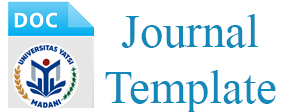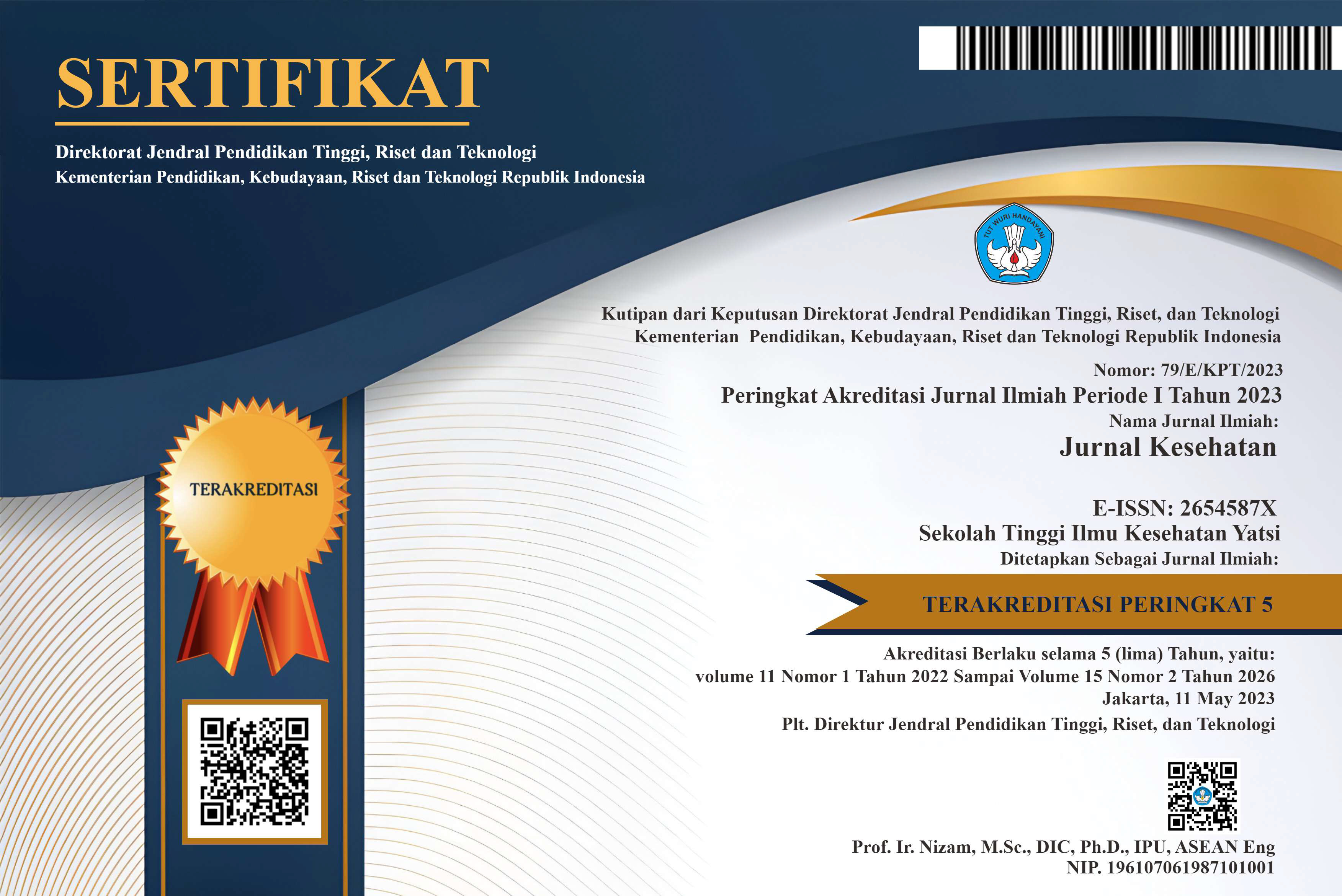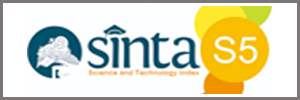The Relationship Between Parenting Styles And Personal Hygiene Independence In Preschool Children
Abstract
Independence in maintaining personal hygiene is a crucial aspect of preschool children's development. One of the factors influencing this development is the parenting style applied by parents. An appropriate parenting style can help children develop responsibility and independence from an early age. This study aims to determine the relationship between parenting style and independence in personal hygiene among preschool children at Al-Ikhlas Kindergarten, Serpong, South Tangerang, in 2024. This research employed a quantitative approach with a cross-sectional design and utilized Fisher’s Exact test for analysis. A total of 46 respondents were selected using simple random sampling. The results showed that the majority of parents applied a democratic parenting style (27 respondents or 54%), and most children were categorized as independent (31 respondents or 62%). The p-value obtained was 0.003. Therefore, it can be concluded that there is a significant relationship between parenting style and independence in personal hygiene among preschool children at Al-Ikhlas Kindergarten, Serpong, South Tangerang, in 2024
References
Adelia Irfiyani. (2023). Kuesioner personal hygiene anak usia prasekolah [Unpublished manuscript].
Andriani, D., Rahayu, S., & Sutrisno. (2019). Perilaku personal hygiene pada anak usia prasekolah. Jurnal Ilmu Keperawatan Anak, 4(2), 45–52.
Anggraeni, R. (2019). Peran orang tua dalam menjaga kesehatan anak usia prasekolah. Jurnal Pendidikan Anak Usia Dini, 8(1), 23–30.
Baumrind, D. (2010). Child care practices anteceding three patterns of preschool behavior. University of California Press.
Fuji Nur Aeni, & Novita, O. T. (2021). Hubungan pola asuh orang tua dengan kemandirian personal hygiene pada anak pra sekolah. Jurnal Keperawatan, 9(1), 30–36.
Jannah, R. (2017). Peran orang tua dalam pembentukan kemandirian anak usia dini. Jurnal Golden Age, 1(2), 88–95.
Julita, W. (2019). Hubungan antara pola asuh orang tua dengan tingkat kemandirian personal hygiene anak prasekolah. Jurnal Kesehatan Anak, 5(1), 12–20.
Juraida Roito, & Helina, S. (2019). Pola asuh orang tua terhadap perilaku personal hygiene pada anak usia sekolah. Jurnal Ilmu Keperawatan Anak, 3(2), 55–62.
Kusuma, N. (2019). Faktor yang mempengaruhi personal hygiene pada anak usia dini. Jurnal Kesehatan Masyarakat, 11(3), 148–155.
Riskesdas. (2018). Hasil utama Riset Kesehatan Dasar 2018. Badan Penelitian dan Pengembangan Kesehatan, Kementerian Kesehatan RI.
https://www.litbang.kemkes.go.id/laporan-riset-kesehatan-dasar-riskesdas-2018/
Robinson, C. C., Mandleco, B., Olsen, S. F., & Hart, C. H. (2001). The parenting styles and dimensions questionnaire (PSDQ). In B. F. Perlmutter & J. Touliatos (Eds.), Handbook of family measurement techniques (Vol. 3, pp. 319–321). Sage.
Warni Julita, Arneliwati, & Bayhakki. (2019). Hubungan pola asuh orang tua dengan tingkat kemandirian personal hygiene pada anak usia pra sekolah. Jurnal Keperawatan Anak, 7(2), 90–98.
World Health Organization. (2012). Health topics: Health. https://www.who.int/health-topics/health
Zuliyanti, & Setiawati, E. (2019). Pola asuh orang tua terhadap perkembangan kemandirian anak usia dini. Jurnal PAUD, 4(1), 11–18.










